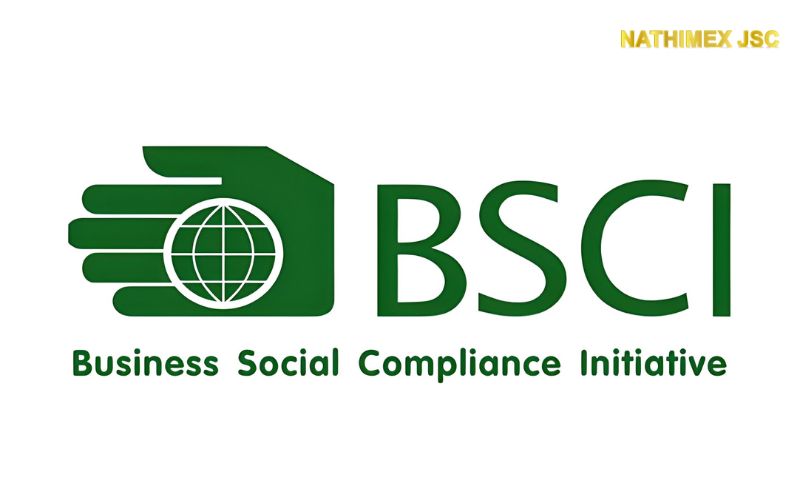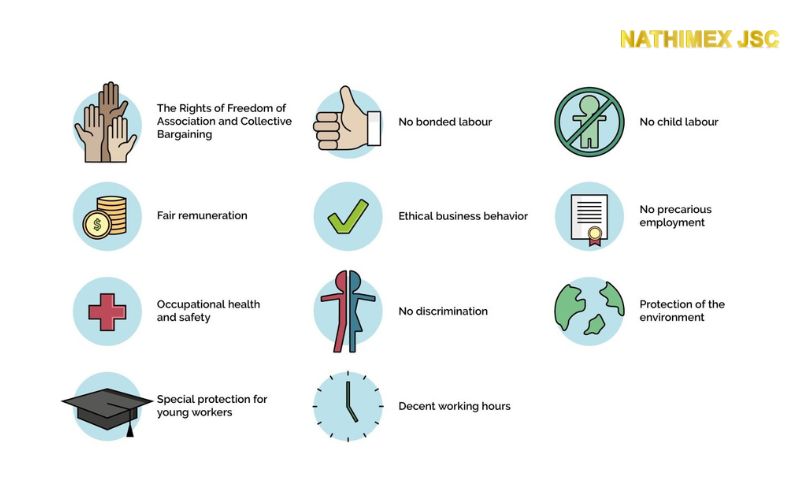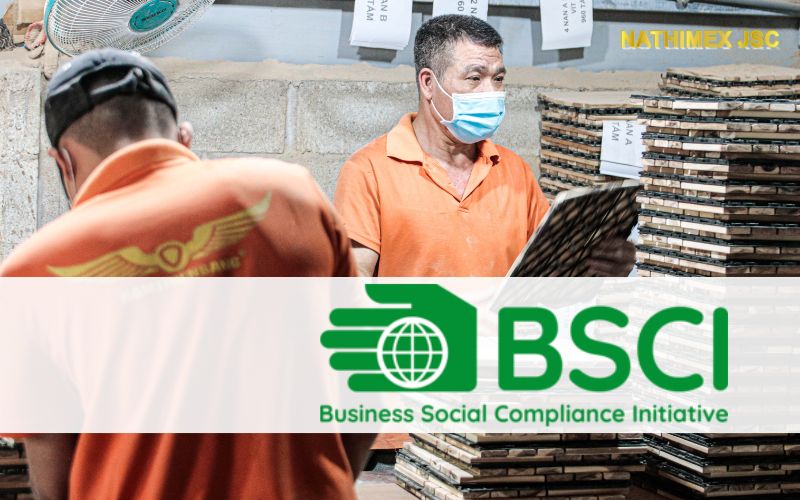The Business Social Compliance Initiative, commonly known as BSCI, is a globally recognized certification program that aims to improve working conditions and social standards in supply chains. BSCI certification is an important step for businesses that seek to ensure compliance with ethical and social standards in their supply chains.
BSCI – what is it?
The Business Social Compliance Initiative (BSCI) is an initiative of the Foreign Trade Association (FTA) based in Brussels, Belgium. The FTA is a non-profit organization that represents the interests of retailers, importers, and brand owners in Europe. BSCI was established in 2003 as a response to the growing concerns of consumers, civil society, and other stakeholders regarding working conditions and human rights in global supply chains.
 The Business Social Compliance Initiative (BSCI) is a certification program that sets standards for social compliance in global supply chains. BSCI standards cover a wide range of issues related to social compliance, including labor rights, health and safety, environmental protection, and business ethics. The following are some of the key BSCI standards that businesses must meet to achieve certification:
The Business Social Compliance Initiative (BSCI) is a certification program that sets standards for social compliance in global supply chains. BSCI standards cover a wide range of issues related to social compliance, including labor rights, health and safety, environmental protection, and business ethics. The following are some of the key BSCI standards that businesses must meet to achieve certification:
+Labor Rights: BSCI requires businesses to respect the fundamental labor rights of workers, including freedom of association, the right to collective bargaining, and the elimination of forced labor and child labor.
+ Health and Safety: BSCI requires businesses to ensure safe and healthy working conditions for workers, including providing access to clean water, sanitation facilities, and appropriate protective equipment.
+ Environmental Protection: BSCI requires businesses to manage their environmental impacts, including reducing energy and water consumption, minimizing waste, and using environmentally friendly materials and processes.
+ Business Ethics: BSCI requires businesses to adhere to ethical business practices, including avoiding corruption and bribery, promoting fair competition, and respecting intellectual property rights.
+ Risk-Based Approach: BSCI applies a risk-based approach to auditing and monitoring supply chains, which means that companies with higher risk profiles are audited more frequently and intensively than those with lower risk profiles.
+ Continuous Improvement: BSCI requires businesses to develop and implement continuous improvement plans to address social compliance issues identified during audits.
+ Transparency: BSCI requires businesses to be transparent about their social compliance performance and to report on their progress toward meeting BSCI standards.

By meeting these standards, businesses can demonstrate their commitment to social responsibility and improve their social compliance performance in their supply chains. BSCI certification can enhance a company's reputation among customers, suppliers, and stakeholders and reduce the risks associated with non-compliance with social and ethical standards.
What Entities need BSCI?
Any business that wants to ensure that its products are produced under socially responsible conditions can benefit from BSCI certification. BSCI is applicable to businesses of all sizes and industries, including textile and garment manufacturing, agriculture, and electronics.
BSCI Characteristics
BSCI has several key characteristics that make it a valuable certification program for businesses seeking to improve their social standards:
+ Comprehensive: BSCI covers all aspects of social compliance, including labor rights, health and safety, environmental protection, and business ethics.
+ Risk-based: BSCI applies a risk-based approach to auditing and monitoring supply chains. This means that companies with higher risk profiles are audited more frequently and intensively than those with lower risk profiles.
+ Continuous improvement: BSCI requires companies to develop and implement continuous improvement plans to address social compliance issues identified during audits.
BSCI’s Benefits
BSCI certification offers several benefits to businesses that choose to implement it, including:
+ Improved social standards: BSCI helps businesses to improve social standards in their supply chains by identifying areas of non-compliance and developing improvement plans to address them.
+ Enhanced reputation: BSCI certification demonstrates a company's commitment to social responsibility and can enhance its reputation among customers, suppliers, and stakeholders.
+ Reduced risks: BSCI helps businesses to identify and manage risks in their supply chains, reducing the likelihood of negative publicity, legal action, and other consequences of non-compliance.

BSCI adheres to certain rules:
BSCI has several rules and requirements that businesses must meet to achieve certification, including:
+ Code of conduct: BSCI requires businesses to adopt and implement a code of conduct that covers all aspects of social compliance.
+ Audit process: BSCI requires businesses to undergo regular audits by qualified third-party auditors to assess compliance with the code of conduct.
+ Improvement plans: BSCI requires businesses to develop and implement continuous improvement plans to address social compliance issues identified during audits.
In conclusion, BSCI is a valuable certification program for businesses seeking to ensure compliance with social and ethical standards in their supply chains. By implementing BSCI, businesses can improve their social standards, enhance their reputation, and reduce risks associated with non-compliance.
